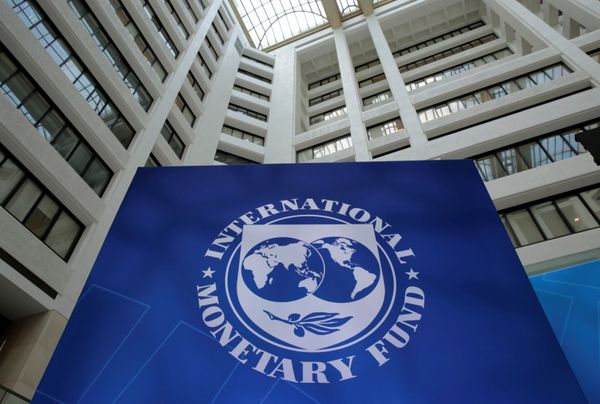WASHINGTON, April 28 — Asia's growth is slowing due to the ongoing trade tensions, according to the International Monetary Fund's (IMF) Asia and Pacific Department director Krishna Srinivasan.
Xinhua quoted him as saying that low-income Asian economies could be hit particularly hard.
On Thursday, the IMF projected that growth in Asia and the Pacific would slow to 3.9 per cent this year amid escalating trade tensions, marking a 0.5 percentage point decline from the previous projection.
The downgrade was attributed to "the tariffs, the trade tensions, the heightened uncertainty, and the tightening of financial conditions," he told Xinhua in an interview after the IMF released its latest projection for Asia.
"Heightened uncertainty, further tightening of financial conditions and a further slowdown of external demand, all these could affect the region more negatively," Krishna said.
Facing the threat of steep United States tariffs, the smaller and low-income economies could be hit "in a much bigger way."
Noting that not all countries have policy space, he said, "In that context of a big shock (of tariffs), a big slump in external demand ... plus the fact that you have less policy space, makes these countries much more vulnerable."
"Smaller countries may have less leverage, may have less flexibility to have these negotiations. And so that does not bode well," Krishna said.
Looking ahead, he encouraged Asian economies to boost domestic consumption and develop a more balanced growth model that relies on domestic demand and exports.
Major economies like China, India, and Indonesia, along with smaller regional players, possess substantial domestic demand potential.
"So, try to boost consumption, try to boost private investment. All that will help provide a model which is more balanced," he said.
The IMF official also suggested deepening regional economic integration, saying, "there could be greater integration within the region."
Citing the Regional Comprehensive Economic Partnership, Krishna said, "Any kind of clear, stable and predictable trading environment would be very good."
The IMF believes that countries should engage pragmatically and constructively to reach agreements, whether regional, cross-regional or bilateral.
"All these will help underpin the growth potential through exports," he said.
— Bernama




